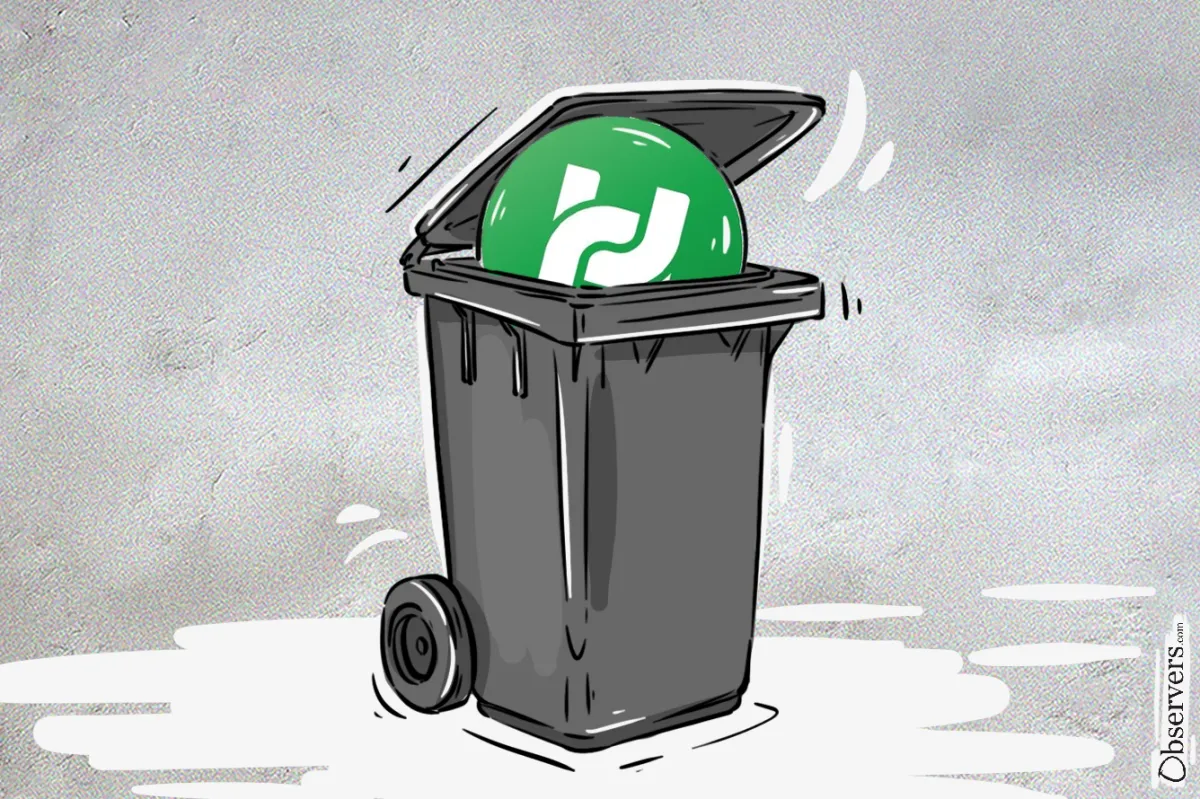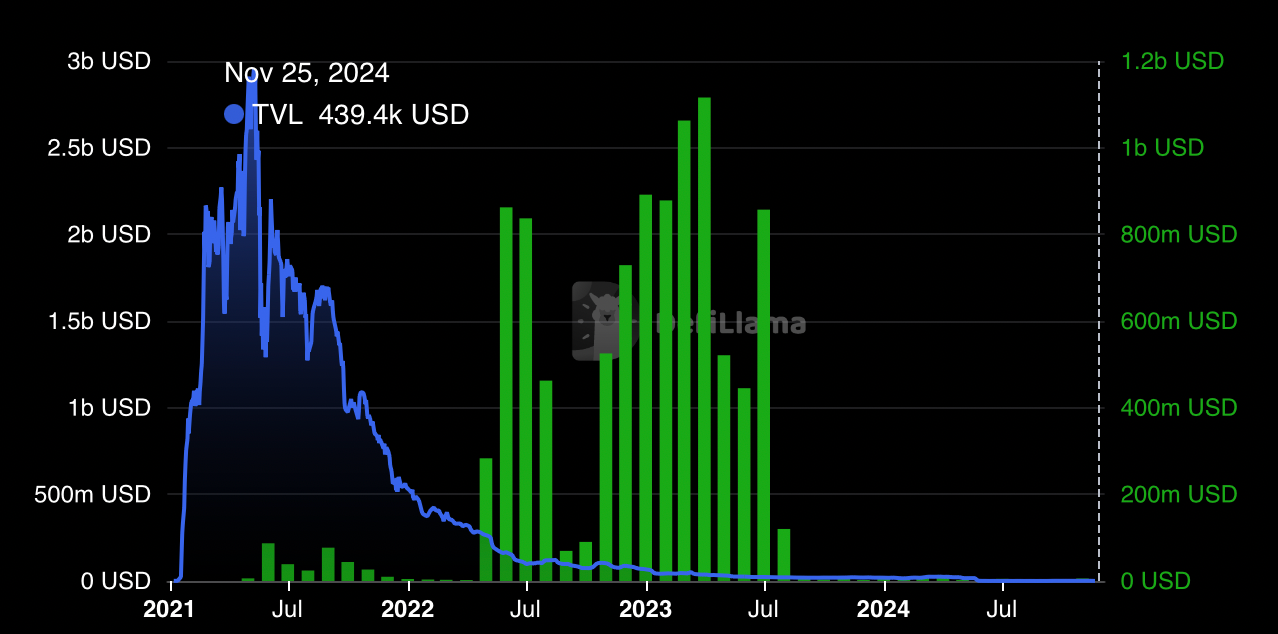
The HECO blockchain by HTX (former Huobi) officially announced its shutdown. Users were advised to withdraw their assets by January 10, 2025. HRC20 assets versions, including ETH, SHIB, HBTC, and USDT, will be removed on January 15 alongside the retirement of the network. The redemption will be made in Huobi Token to users with balances of over $20.
The HECO's Years of Fading
The Huobi Eco Chain began facing operational issues well before this shutdown announcement. Launched in December 2020, HECO aimed to provide a high-performance blockchain with low fees and efficient transactions. Despite early enthusiasm, the network began losing traction rapidly.
Due to liquidity issues, withdrawals of certain HECO-based assets were first suspended as early as 2021.
In 2022, Justin Sun announced that the TRON and BitTorrent Chain ecosystem would be merged with HECO. After a relatively brief upsurge in user enthusiasm and the prices of both native tokens, the network faced a prolonged period of declining activity. The network metrics drastically reduced since mid-2023, reaching the TVL of $500k and near-zero trading volumes, and have never been restored since then.

In February 2023, HuobiPool, a staking and node-operating service, stopped running a HECO validator node. That was the latest HECO announcement on social media before the team went silent.
Huobi appears to have gradually reduced its involvement in HECO's liquidity over time, though details are scarce. In general, HTX currently does not publicize its connection to HECO.
Another ally, Mdex.com, HECO’s native and primary DEX, used to be among the largest decentralized exchanges in 2021. However, it shifted to other blockchains and gradually lost its appeal compared to other alternatives. Most of HECO's TVL was locked in this exchange.
In November 2023, HTX and HECO were hacked for a cumulative $97 million. The attack was allegedly carried out via the HECO bridge, further eroding trust in the network.
Afterward, the network paused withdrawals for all assets. In 2024, users reported that their assets had been permanently stuck on the network for at least one year. The support team replied that the functionality would be restored after the security checks and the upgrade.
The Reasons Behind HECO's Fail
The HECO network failed as it didn’t manage to create a supportive community and struggled to attract developers and meaningful projects. This can likely be attributed to the network’s lack of innovation and differentiation.
Additionally, HECO’s leadership failed to communicate effectively with its community. As operational and security issues arose, users and developers were left with little clarity, further diminishing network adoption.
The Huobi backing could be crucial for network development, but the company's strategy was focused on other issues, such as the platform's volatility and reserves issues.
Besides, with Justin Sun being the HTX advisor and owner, the ecosystem turned to the TRON blockchain, leaving HECO to its fate.
The network couldn't withstand competition from more prominent and better-supported ecosystems, including Binance Smart Chain and newer networks like Solana. These ecosystems captured users’ attention with better funding, incentives, and active communities.
What Is Next: BitTorrent Chain Or a New L2
Currently, we observe that new L2s are emerging at a rapid pace. New technologies allow for higher interoperability and simple network deployment, prompting crypto and even non-crypto companies to create their own L2 solutions, which not only enhance users' experience within the ecosystem but also represent a profitable business.
There are rumors that HTX might follow the trend and create a new L2 after it gets rid of HECO. It is also likely that it will focus on promoting and integrating BitTorrent Chain, a blockchain scaling solution owned by Justin Sun that enables cross-chain compatibility.

